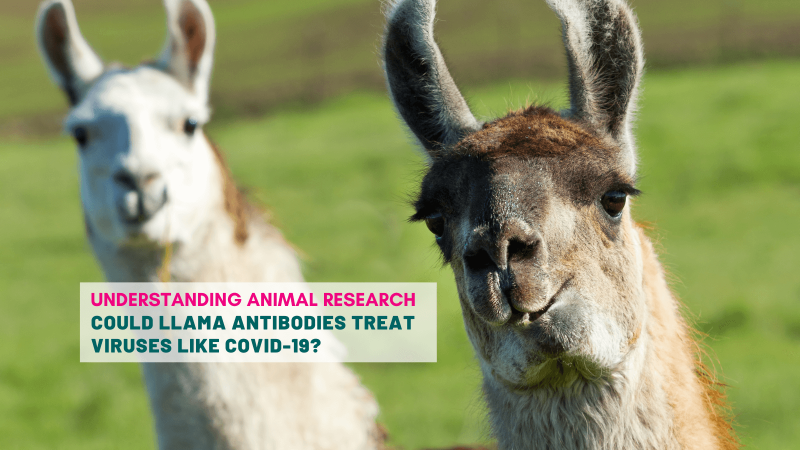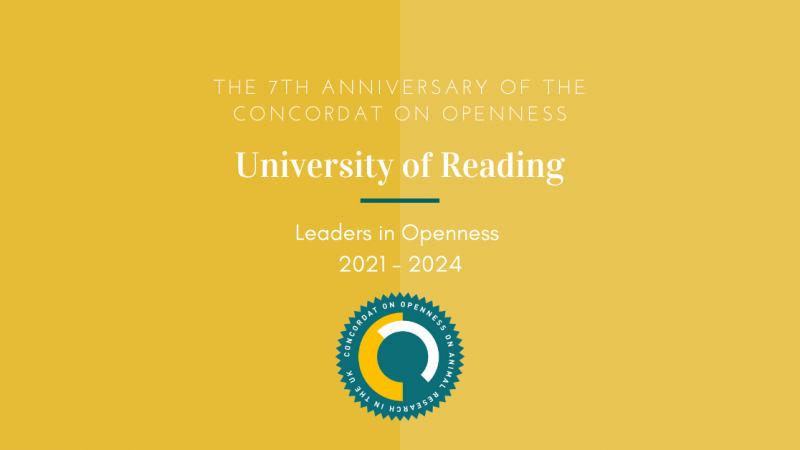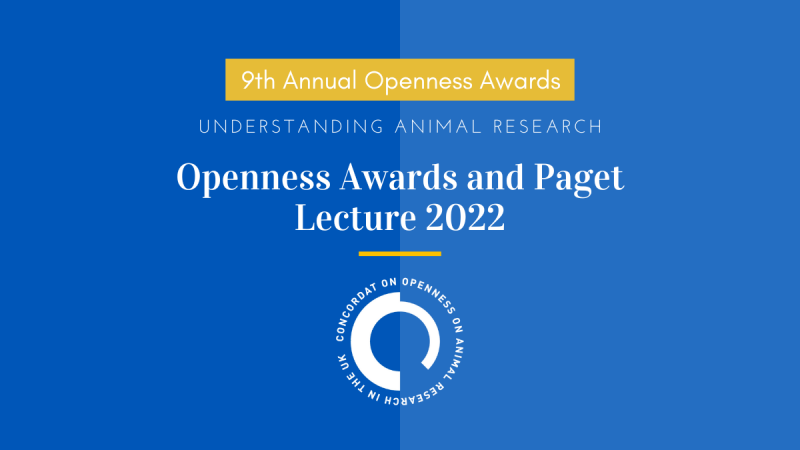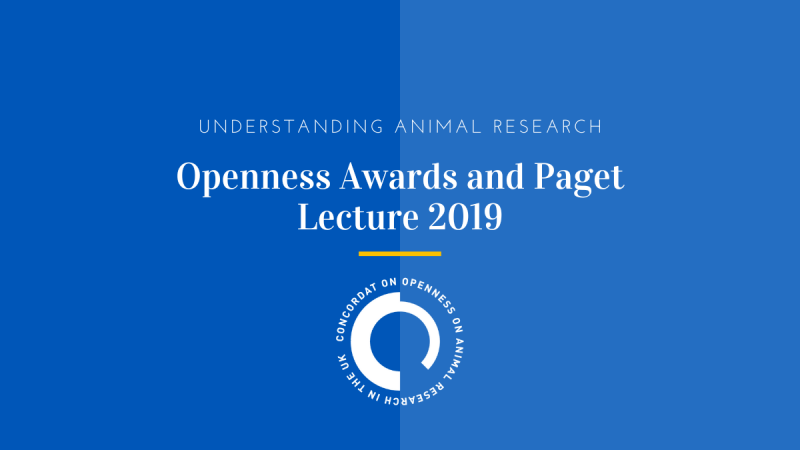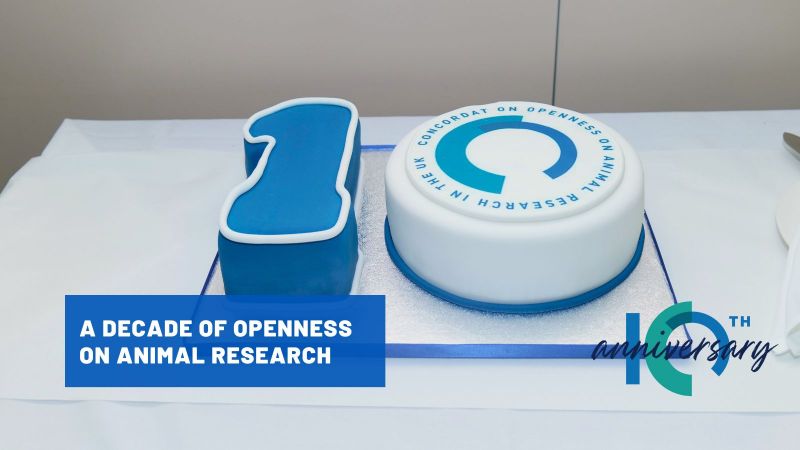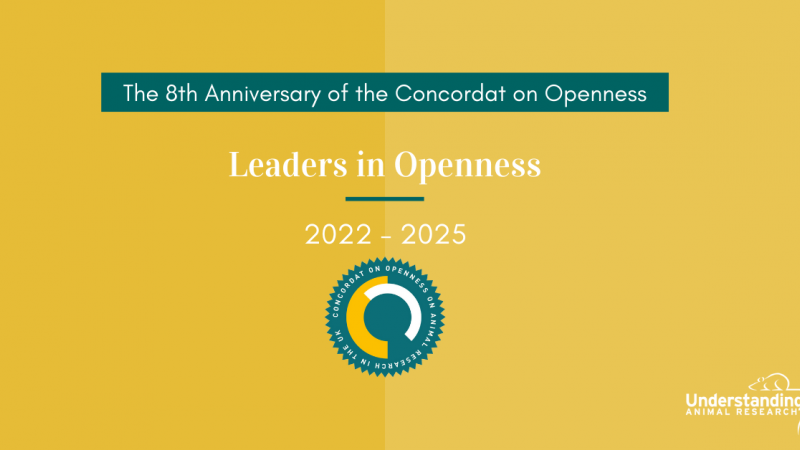
Do protests always have to be angry and confrontational ? Nancy Mendoza, press officer at the University of Reading, believed that welcoming protestors in to kindly discuss their issues can shed more light and bring less heat on difficult topics.
The University of Reading has a strong commitment to medical and agricultural research. Part of that work can involve using animal models, where it's deemed there's no alternative. But, when activists called for demonstrations against the use of animals, there was no massive clash of values, no showdown, no arrests. The University stood up for freedom of speech and for principled animal research. That made the case for dialogue and mutual understanding.
"We treat the commitment to openness as an important, universal value," explains Mendoza. “So rather than try and control what the demonstrators were doing, or argue, we thought the better idea would be to invite them in, talk to the team, and listen to what their concerns are."
Protestors at Reading were able to discuss their issues with members of staff, in respectful conversation, and their views shared with senior University colleagues. The University has been looking to deepen these conversations, including with activist groups.
"It's a listening exercise," Mendoza says. "We accept that we may not persuade those people. However, in terms of what we do as a University, our commitment to the 3Rs, and simply that it's always important to listen to other viewpoints, this is the right thing to do."
She continues: "We largely understand what we're doing from a scientific point of view. And they may understand what we do from a more philosophical and emotional approach. It's important to grasp that there's a group of people who think in a different way about the same issue."
Every protest is different – and every activist group is different. There can't be clear one-step rules for how to approach them. But the University of Reading's pedagogical, honest and perhaps disarming welcome to demonstrators seems to have been beneficial.
"We're all humans," says Mendoza. "We all want to minimise suffering. We all want to minimise the numbers of animals used. Where we differ is in the call for total abolition of using animals in research – because we, at the University, view it as a process that's going to take some time. We have more in common than we have differences, actually. So dialogue isn't something to be frightened of."
The bottom line is: scientists should listen as much as they talk – or more. "It makes a difference," Mendoza says. "When there's secrecy or a reluctance to talk about what's going on, people immediately make the assumption that something bad is behind that. But what we're saying is 'actually, we don't have anything to be ashamed of here'."
The University of Reading's straightforward, respectful approach has won it an Openness award from Understanding Animal Research, and considerable peer recognition. "It's great to have the recognition that we did something different, and had a good experience with it," says Mendoza. "Across my career I've seen a big shift in openness. I've worked personally with some people who were animal rights activists and wrote a lot about animal rights. And I've come to understand the importance of just seeing the humanity in people who disagree."
Last edited: 26 September 2024 15:21

